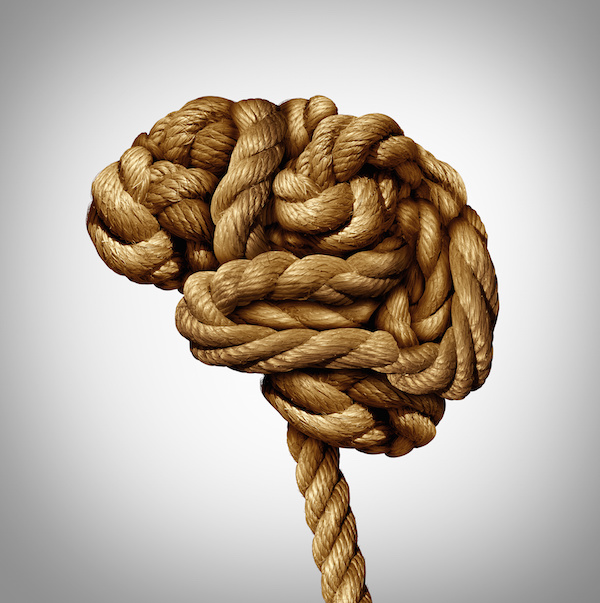
FRIDAY, Feb. 13, 2015 (HealthDay News) — The brains of so-called “superagers” are much different than normal seniors, according to a new study.
Superagers are people aged 80 and older whose memories are as sharp as those many decades younger. Learning more about their brains may help lead to new ways to protect the memories of other seniors, and to combat dementia, the Northwestern University researchers said.
Compared to the brains of normal seniors of similar ages, superagers’ brains have a thicker region of the cortex, far fewer tangles (a primary indication of Alzheimer’s disease), and a large supply of neurons linked to higher social intelligence.
“The brains of the superagers are either wired differently or have structural differences when compared to normal individuals of the same age,” study senior author Changiz Geula, a research professor at Northwestern’s Cognitive Neurology and Alzheimer’s Disease Center in Chicago, said in a university news release.
“It may be one factor, such as expression of a specific gene, or a combination of factors that offers protection,” Geula added.
The study was published recently in the Journal of Neuroscience.
“Identifying the factors that contribute to the superagers’ unusual memory capacity may allow us to offer strategies to help the growing population of ‘normal’ elderly maintain their cognitive function and guide future therapies to treat certain dementias,” study first author Tamar Gefen, a clinical neuropsychology doctoral candidate, said in the news release.
More information
The AGS Foundation for Health in Aging offers tips to keep your brain young.
Copyright © 2026 HealthDay. All rights reserved.

